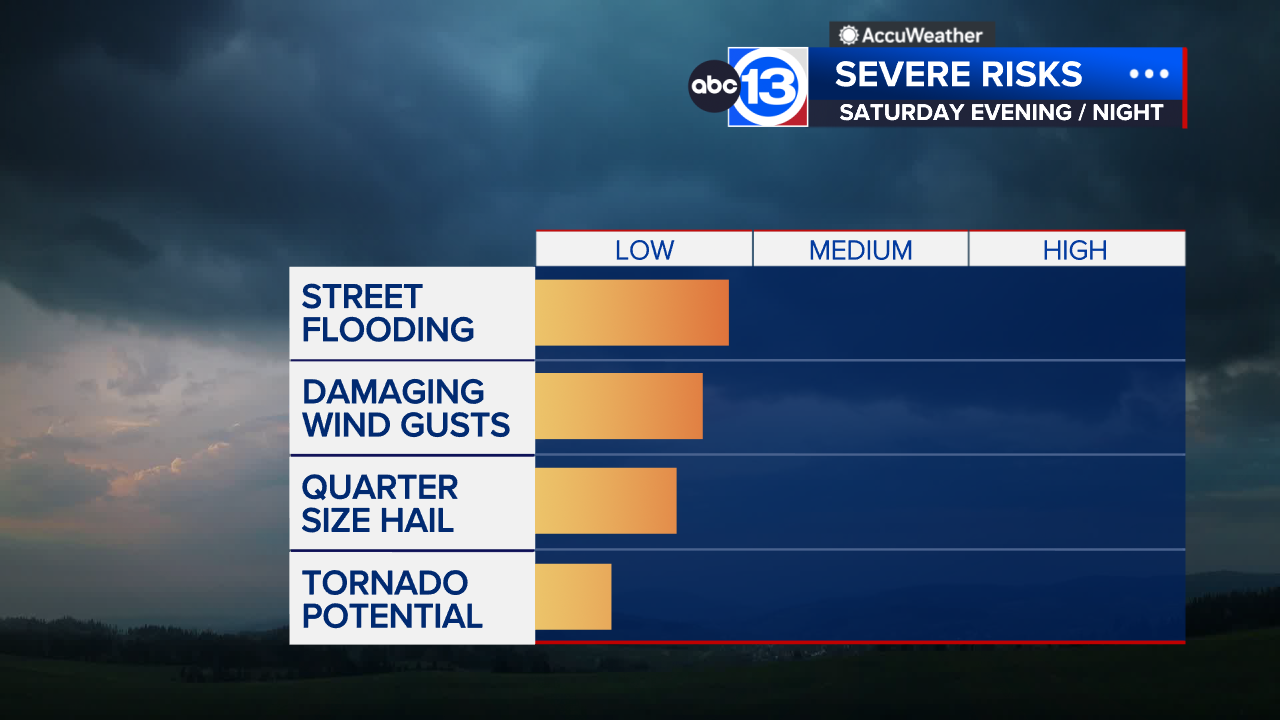Texas Children's Hospital repairing rare birth defects
It can be a frightening situation. Your unborn child is diagnosed with a rare defect, and you need to go to a specialized hospital out of state for monitoring and treatments. That's what happened with one couple who has been living here since last November. They're saying it was the best decision they made.
Twenty weeks into her pregnancy, Jessica Alderete's unborn son Tristan was diagnosed with CDH, also known as a congenital diaphragmatic hernia.
"You start researching and looking on the internet. Seeing 50 percent fatality rate, and panic fills your heart," Alderete told us.
Dr. Darrell L. Cass said "this wonderful couple came to us a long time ago, well before Tristan was born."
Co-director of the Texas Children's Fetal Center, Dr. Darrell Cass, says they temporarily moved here from New Mexico to treat their son's CDH.
"The problem is the diaphragm doesn't finish forming properly, and there's a hole in it," Dr. Cass said. "And when there's a hole in it, our organs that are supposed to live in our abdomen, run up into the chest."
That problem could prevent the lungs from forming properly, so during the first few weeks of baby Tristan's life, he was in ECMO.
"Which stands for extracorporeal membrane oxygenation, and that's basically a heart lung bypass machine. The machine functions like the lung is supposed to do," according to Dr. Cass.
"That was really the period of the most whirlwind, never knowing moment to moment how much time we had with him," Alderete explained.
But Tristan's condition improved, allowing doctors to move forward.
Dr. Cass said, "We had to go in to do the surgical repair. And that involves making a little cut on the abdomen and going in and putting a patch in to plug up the hole that he has between his abdominal cavity and his chest."
Not having any close friends or family in town, Alderete says they were extremely appreciative of the support they received from the NICU staff.
"It's been our saving grace, from day to day. These people learn who you are and they know when you're upset. I've had people just come us and just say you look like you need a hug," Alderete said.
Each day, Tristan continues to improve and his parents are looking forward to the day when they can finally bring him home.
"There's still a lot of work to do, We're far from done with this journey. But we're in a safe place," Alderete said.




